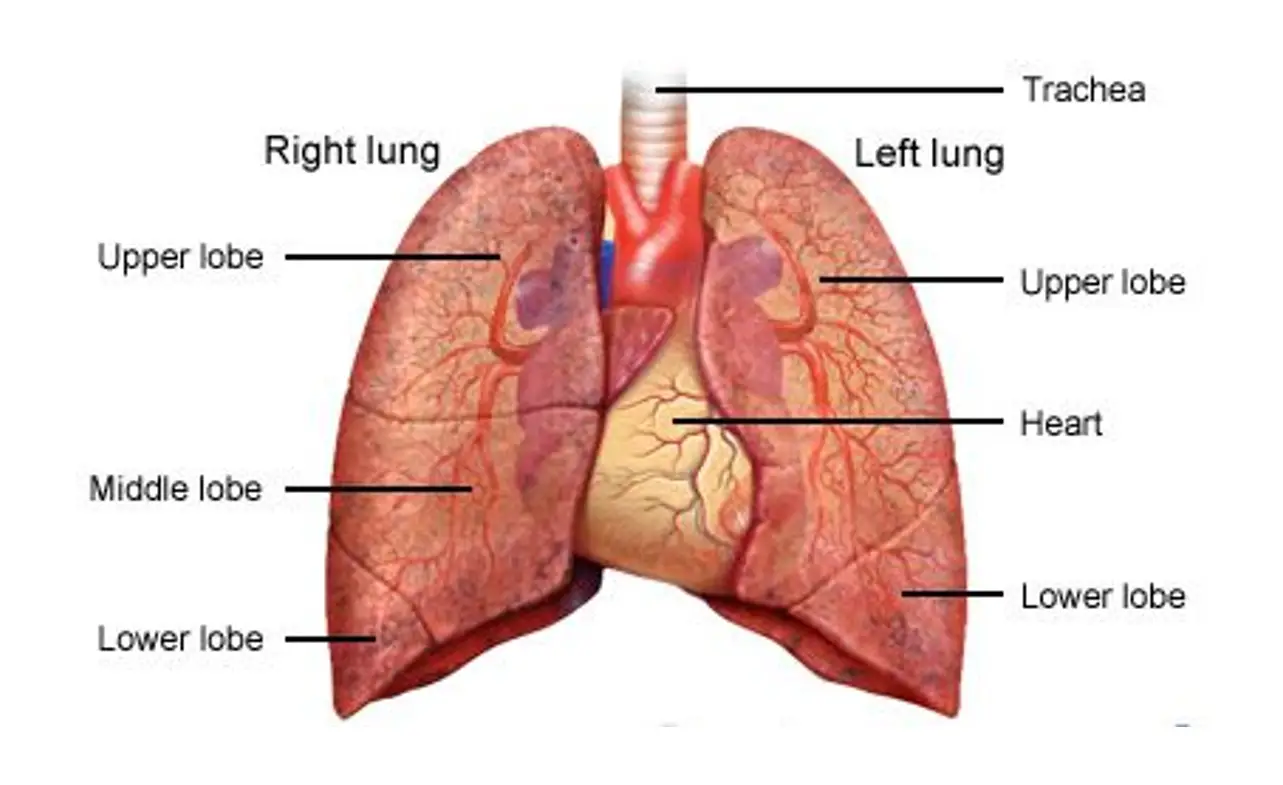Stagescancer.net – In the United States healthcare system, accurate medical coding is crucial for the proper documentation, billing, and reimbursement of medical services, as well as for essential data for research and statistical analysis. For lung cancer, understanding the specific ICD 10 code is of utmost importance for accurate coding and diagnosis information.
In this section, we will explore the lung cancer ICD 10 code, its significance in the American healthcare system, and why accurate coding for this disease is critical. By the end of this section, you will have a complete understanding of the lung cancer ICD 10 code and its importance for effective medical coding and diagnosis information.
Read on to find out more about the lung cancer ICD 10 code and its application in the United States healthcare system.
What is an ICD 10 Code?
In the world of medical coding, ICD 10 stands for the International Classification of Diseases, 10th Revision. An ICD 10 code is a unique alphanumeric code used to classify and code diagnoses, symptoms, and medical procedures in patient records. This system is used globally and ensures that medical diagnoses and procedures are accurately recorded and reported.
ICD 10 codes are updated periodically to reflect advancements in medical practices, technology, and scientific discoveries. These codes are maintained by the World Health Organization (WHO) and adapted for use by different countries.
Did you know? There are over 68,000 ICD 10 codes used for medical coding and classification.
The Importance of Accurate Coding for Lung Cancer
Accurate coding is vital when it comes to lung cancer diagnoses. A proper diagnosis and treatment plan rely on the correct coding information. Accurate coding ensures proper documentation of the medical history, billing, and reimbursement, which in the absence can lead to reimbursement issues and legal disputes. Additionally, accurate coding is necessary for statistical analysis and research, which is crucial in fighting against lung cancer.
Incorrect coding can lead to misclassification, improper treatment, and inaccurate data, which can lead to serious consequences of inadequate care and, in some cases, can lead to dire outcomes. Providing accurate codes for lung cancer treatment will help healthcare providers to identify patients’ clinical conditions correctly. Therefore, correct diagnostic coding is crucial in ensuring patients receive appropriate treatment, care, and management.
Proper coding documentation is the cornerstone of accurate billing, proper patient care, and ultimately – successful lung cancer treatment outcomes.
Lung Cancer ICD 10 Code in the United States
The ICD 10 code used for lung cancer in the United States is C34. This code classifies primary malignant neoplasms of the bronchus and lung. It provides specific information on the location of the cancer, whether it is in the main bronchus, upper lobe, middle lobe, lower lobe, or overlapping sites of the left or right lung.
Accurate coding using the C34 ICD 10 code is crucial for proper documentation in medical records, as well as for billing and reimbursement purposes. Additionally, accurate coding provides essential data for research and statistical analysis, which can lead to improved lung cancer treatment and outcomes.
Medical professionals who code lung cancer cases must be diligent in selecting the correct code and ensuring accurate documentation of the patient’s diagnosis and treatment. The accuracy of the coding directly impacts the patient’s care and the overall quality of the United States healthcare system.
Other Relevant Codes and Resources for Lung Cancer
In addition to the primary ICD-10 code used for lung cancer, there are other relevant codes and resources that medical professionals should be aware of. These supplementary codes can provide further information on the diagnosis, treatment, and management of lung cancer cases.
One such code is the HCPCS code G0297, which is used to report low-dose computed tomography (LDCT) screening for lung cancer. This code is essential for reimbursement purposes and can be used in conjunction with the primary ICD 10 code.
Medical professionals seeking further guidance on lung cancer coding can utilize resources such as the American Medical Association’s (AMA) “CPT® Knowledge Base” and the “ICD-10-CM Coding Guidelines” provided by the Centers for Medicare & Medicaid Services (CMS).
It is important to note that accurate coding for lung cancer not only ensures proper documentation, billing, and reimbursement but also contributes to vital research and statistical analysis. Utilizing all relevant codes and resources can optimize the quality of data and ultimately improve patient outcomes.
FAQ
What is the ICD-10 code for lung cancer in the United States?
The ICD-10 code for lung cancer in the United States is C34. This code is used to classify and identify cases of lung cancer in the American healthcare system.
What is an ICD 10 code?
An ICD 10 code is an internationally recognized system of codes used to classify and code diagnoses, symptoms, and procedures in medical records. It provides a standardized language for communication and ensures accurate documentation and coding in healthcare.
Why is accurate coding important for lung cancer?
Accurate coding for lung cancer is crucial for proper documentation, billing, reimbursement, and statistical analysis. It ensures that healthcare professionals have access to essential data and that patients receive the appropriate care and resources they need.
Are there any other codes or resources related to lung cancer?
Yes, in addition to the primary ICD 10 code (C34) for lung cancer, there may be supplementary codes that capture specific details or complications related to the condition. Medical professionals seeking further guidance and information on lung cancer coding can refer to resources such as coding guidelines and manuals provided by organizations like the American Medical Association (AMA) and the Centers for Disease Control and Prevention (CDC).
